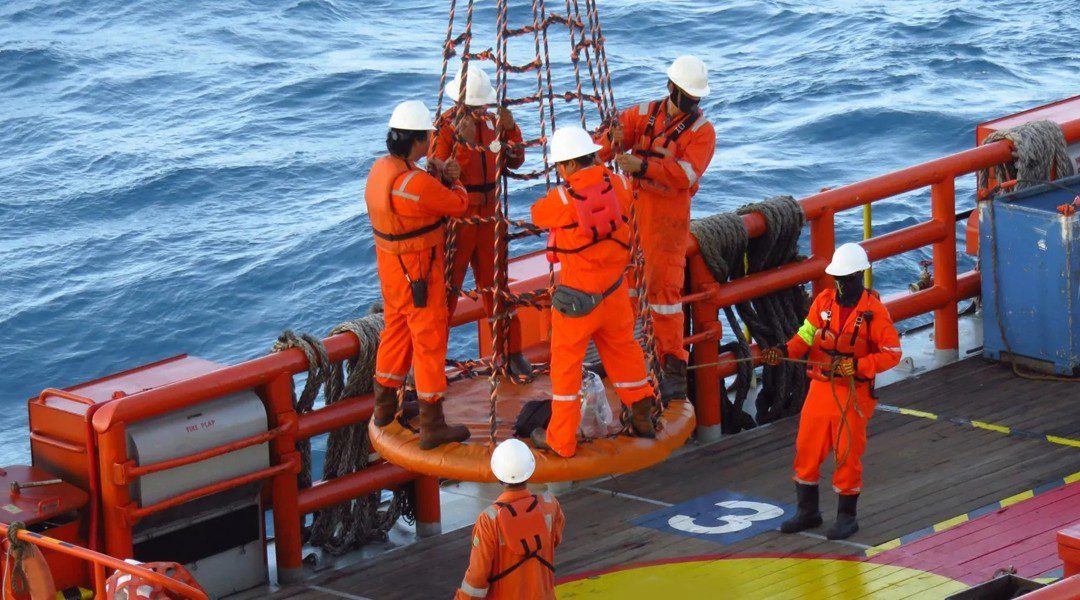FarSounder has announced the release of a new citizen science feature in its latest SonaSoft™ software update. Building on its existing Data Sharing Program, this release introduces the ability for users to report whale sightings and floating /debris—further integrating marine conservation into day-to-day navigation for Argos users.
Since 2019, vessels equipped with FarSounder’s Argos sonars have had the ability to participate in citizen science by contributing to global seabed mapping. Argos users can do this through anonymized sharing of Local History Map (LHM) data, aiding initiatives like Seabed 2030 and the IHO’s crowd-sourced bathymetry database.
Through a simple pop-up box, users can log observations of whales or /debris with a single input. Each sighting is automatically geotagged and timestamped, then it can be securely uploaded and anonymized. FarSounder shares the data with trusted partners, including Whale Alert and Ocean Wise for whale sightings, and Eyesea for /debris reports. These organizations use the information to identify risk zones, track marine life, and address pollution hotspots.
“Our customers are already navigating smarter. Now they’re helping protect the oceans while they do it,” said Matthew Zimmerman, CEO of FarSounder. “This new feature gives mariners a simple way to support important conservation work around the world.”
This new layer of environmental awareness transforms Argos-equipped vessels into powerful tools for ocean protection. It reflects a broader vision at FarSounder: harnessing advanced navigation technologies not just for safety, but for sustainability. Now, with this latest update, those same vessels can play an active role in monitoring marine pollution and protecting wildlife.






